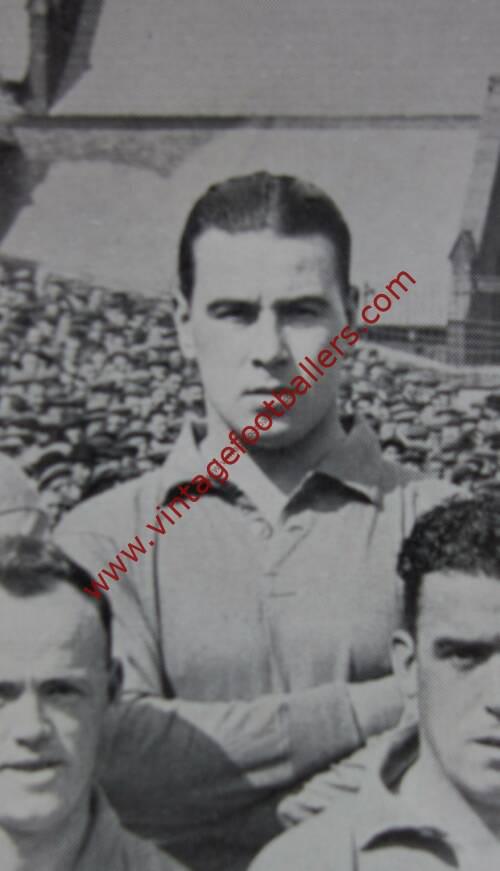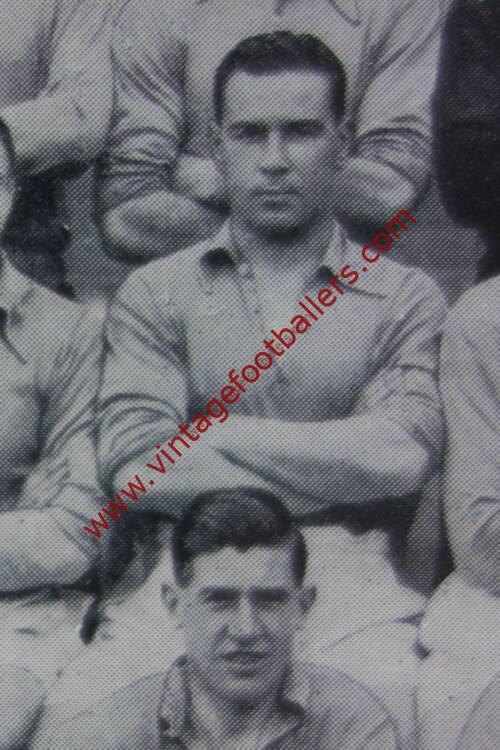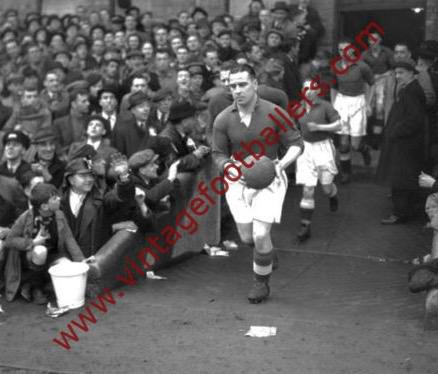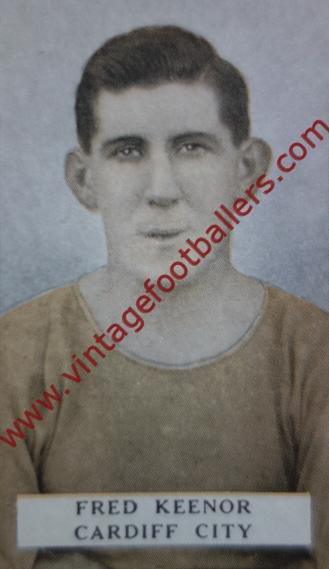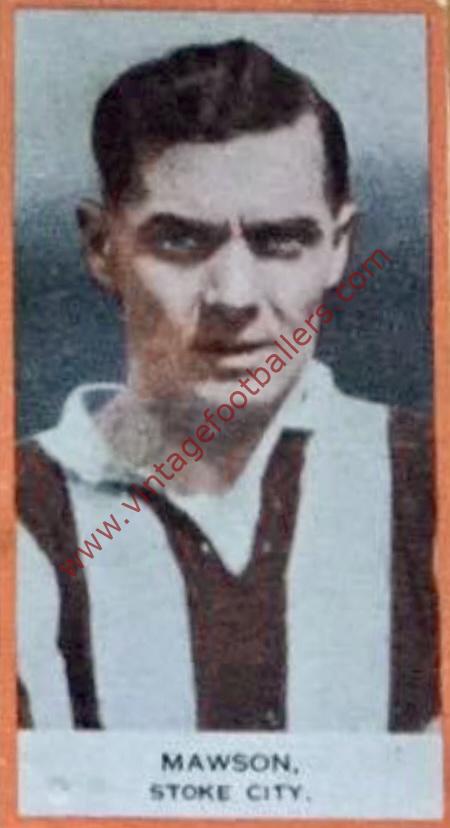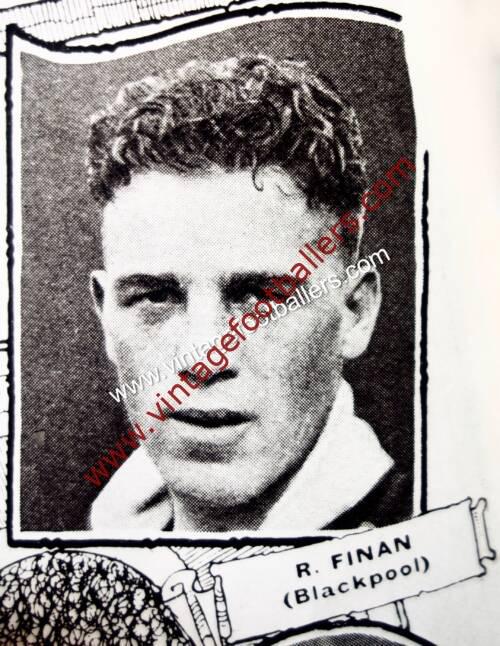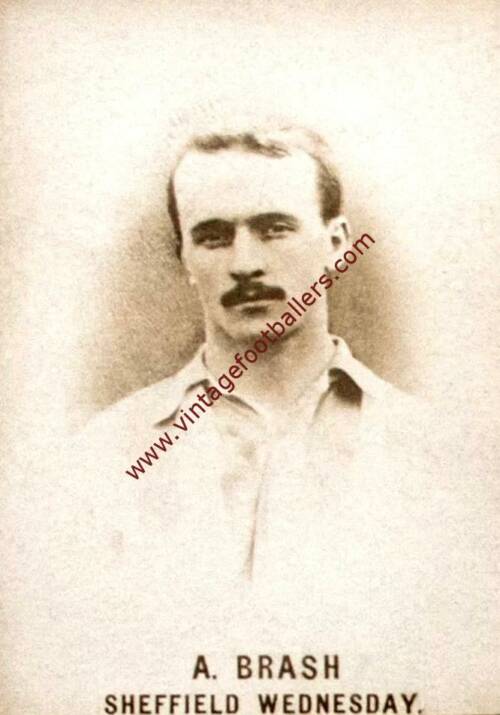Please choose your photo size from the drop down menu below.
If you wish your photo to be framed please select Yes.
Note: 16″x 20″not available in a frame.
Images can also be added to accessories. To order please follow these links
£8.95 – £49.95
Please choose your photo size from the drop down menu below.
If you wish your photo to be framed please select Yes.
Note: 16″x 20″not available in a frame.
Images can also be added to accessories. To order please follow these links
Plucked from junior league Port Glasgow Athletic by Celtic in February 1930, Coleraine born full back Willie (also often called Billy) Cook was pitched into the first team within a week of his arrival at Parkhead. It proved an ideal game to ease himself into the top-class game, Celtic running out 4-0 winners over Ayr United at Parkhead on February 20th. It was soon clear that Celtic had a top-class defender on their hands, a hard tackling but very gifted player, and his first full season in the Celtic team saw him claim a Scottish Cup winner’s medal in the 1931 Scottish Cup Final win over Motherwell, and also a place in Celtic’s end-of-season US tour.
In September 1932 Cook was awarded his first Ireland cap, in a game which also saw the debut of Old Firm rival Sam English. The Irish suffered a 2-0 defeat at the hands of Scotland at Windsor Park. Unlike English, whose career was already on a downward spiral following his tragic collision with Celtic’s John Thomson, Cook would retain his place in the international team right up to the outbreak of World War Two. He would also be given the honour of captaining his country, winning 15 caps for Ireland through to 1939 as well as winning a representative cap for The Football League in 1941.
In December 1932 Cook made a shock departure from Parkhead, signing for reigning English League Champions Everton for £3,000 after 110 matches for The Bhoys. In his own words, it was a moved designed “to better my position”; it was also perhaps the first time an established player had left Celtic mid-season. Success was immediate, with the FA Cup arriving at Goodison Park in Cook’s first season as Manchester City were defeated 3-0 at Wembley. In June 1938 he faced Celtic in the Empire Exhibition Trophy final at Ibrox – Everton lost 1-0. In 1939 Everton claimed the League Championship with Cook a regular, missing only two games and scoring 5 times including 4 from the penalty spot, but as with Everton’s title success of 1915 it proved to be the last League season completed before the competition was suspended due to World War.
Usually to be found at right-back, Cook also slotted in on the left if required, and was famed for warning wingers: “Get the ball away!” before catching them with a firm challenge and chastising them: “You didn’t get the ball away!” There was more to Cook though than the typical defensive hardman of the day. Stan Bentham, an Everton team-mate of Cook’s, said of him: “Willie Cook, right full-back, Irish international, with the ball control of any inside-forward. A hard player he could pass the ball facing his own goal, find our outside-right, which he often did.” In June 1938 he faced his former club Celtic in the Empire Exhibition Trophy Final at Ibrox, with Celtic triumphing 1-0. His 3 appearances before the suspension of peacetime football in September 1939 were his last for The Toffees, having scored 6 goals in 253 matches.
During the Second World War years, Cook guested for a number of clubs across the British Isles, including Wrexham. With the resumption of competitive football with a “transition season” in 1945-46, Cook signed with the Welsh club permanently. Age was obviously catching up with him by this stage, and with League football returning in 1946 he found his only options were in non-league football. In October 1946 he took the position of player-manager at Rhyl, thus beginning a coaching career which would take him across the globe.
In 1947 Cook became coach at SK Brann Bergen in Norway, returning to briefly coach Sunderland in February 1948. He returned to Bergen from 1949-51, from 1952-1953 he was national coach of Peru, before returning home as manager of Portadown (1954-55) and as Youth team manager of Northern Ireland. He was off on his travels again, when he spent a year as manager of Iraq’s national side, before he was appointed manager at Wigan Athletic in 1956, then at Crewe Alexandra in 1957, and as trainer-coach at Norwich in 1958.
Throughout his coaching career Cook took great pleasure in demonstrating his ball skills to his players. With a young footballer who couldn’t trap the ball properly watching, Cook is reported to have booted the ball high into the air, and as it dropped he killed it stone dead on the ground just to show the young lad how it was done. Another favourite trick was to drop a half-crown onto his toe and flick it into the top pocket of his suit. He would also regale his players with stories of his tussles with Stanley Matthews and the like.
| Weight | N/A |
|---|
